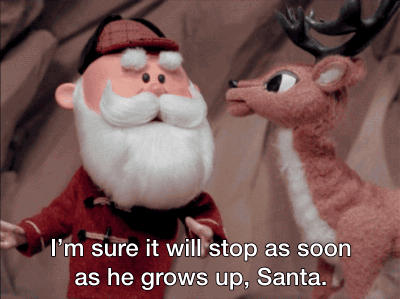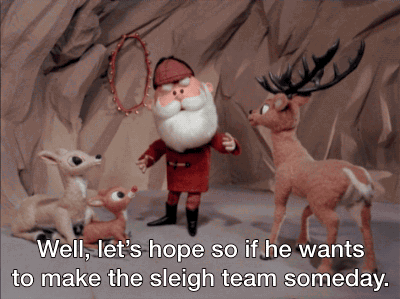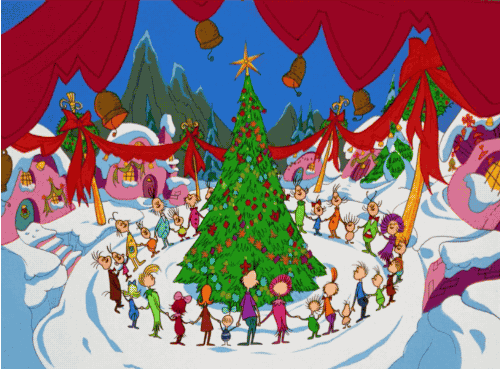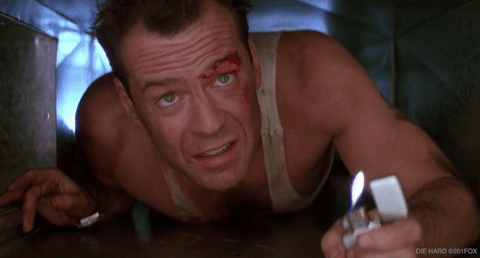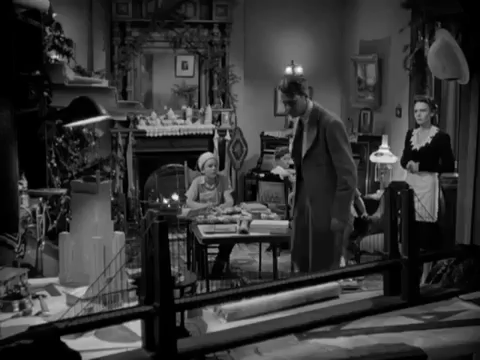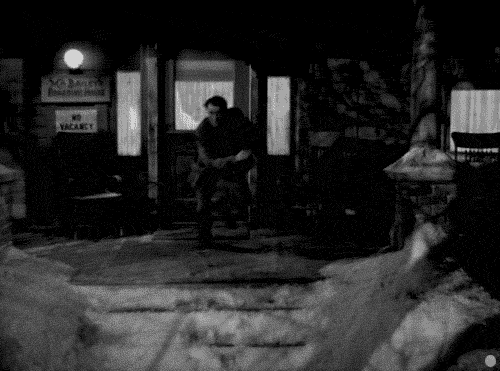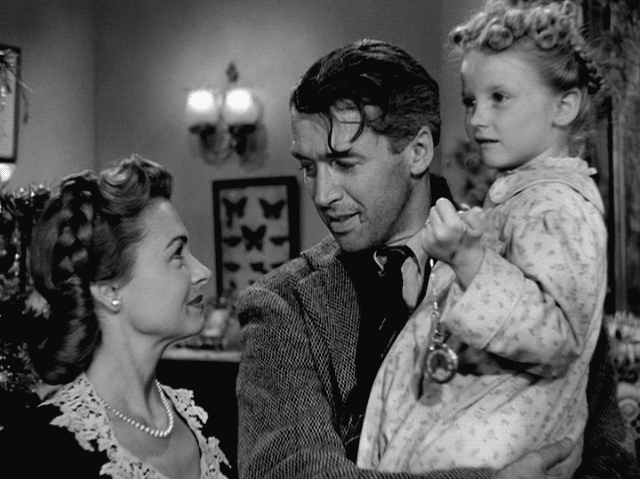5 Recruiting Lessons From Your Favorite Holiday Movies
It’s the most wonderful time of the year…generally speaking.
Let’s be honest: the holiday season can be pretty stressful, too. Between year-end hiring goals, shopping sprees, and party-hopping, sometimes you just need to curl up with some cocoa and a classic movie.
Whether you’re brimming with holiday cheer or you’re ready to wring Rudolf’s neck, even the most cynical Scrooges can indulge in a holiday classic.
And you won’t just be getting cozy—if you look closely, you can even pick up a few recruiting lessons from these festive films.
While you’ve been gearing up for a merry Christmas, happy Hanukkah, joyous Kwanzaa, and/or “new you” New Year, we’ve made a list (checked it twice) of five lessons that classic holiday movies can offer recruiters this year.
1. Rudolf the Red-Nosed Reindeer: Diverse teams do better, but biases persist
Rudolf was a model candidate, but he didn’t exactly look like the rest of the workforce.
The consensus was that he wasn’t a good “culture fit”—an opinion that stemmed from the C-(for Claus)-suite.
(The elderly CEO was actually a pretty huge jerk about the whole thing until he saw how it’d help solve his logistical challenges and achieve his business goals.)
Reindeer, like humans, are apparently hardwired for bias—we tend to unconsciously think people like ourselves are better than others.
Whether a candidate looks differently, thinks differently, or just seems like an unconventional oddball, don’t be so quick to discount them.
Diverse teams do better—precisely because of their differences, as Rudolf eventually proves.
Recruiters shouldn’t wait to combat bias and diversify their teams now, even though it took a low-visibility blizzard for the North Pole to finally embrace a culture of belonging.
2. The Grinch Who Stole Christmas: A culture of belonging helps attract and retain great talent
Belonging isn’t just a critical part of diversity and inclusion—it’s also a huge asset to your employer brand and organization as a whole.
Consider Whoville, whose culture of belonging was so strong that it managed to attract even the most passive, uninterested candidate: the Grinch.
The Grinch had spent most of his career directly competing against Whoville—he even successfully undermined their busiest quarter.
But when he saw how much the employees stuck together—100% retention despite the lean compensation and lack of a holiday bonus—he changed his tune.
In a freak occurrence that still astounds the HR department and cardiologists everywhere, his heart grew three times its size and he gleefully joined the team.
3. Home Alone: Don’t underestimate young, inexperienced candidates—it’s soft skills that count
Underestimate young people at your peril. It’s a lesson Harry and Marv—the two-man team with questionable business practices—learned the hard way.
Everyone overlooked Kevin: at just eight years old, he lacked experience and didn’t have many accomplishments to his name. Despite that, he proved to be extremely capable, clever, and resourceful.
With as many candidates as the typical recruiter sees, it’s easy to forget about the younger, less experienced ones. But experience and pedigree are rarely predictive of job performance—pay attention to soft skills to spot real potential.
Facing a disrupted work environment, Kevin took initiative, showed superior planning and problem-solving skills, and easily out-maneuvered his older competition.
Like today’s Gen Z employees, Kevin works well independently and values security and stability. Despite his age—perhaps because of it—he’s able to pivot, innovate, and do whatever it takes to earn that sense of security.
4. Die Hard: Candidates with grit can overcome almost any adversity
Speaking of soft skills, one of the most important ones you can recruit for is grit—defined as passion, perseverance, grace under pressure, and goal-setting.
If you’re wondering what grit looks like, look no further than John McClane. While attending a holiday party on Christmas Eve, he runs into some unexpected adversity: the building is taken hostage by terrorists. (Talk about a stressful workplace.)
Proactive as he is, John leaps into action and overcomes his hurdles by thinking on his feet, facing every challenge, and running back into the fray despite the occasional setback—pure grit.
Working overtime, John doesn’t skip any steps: he even finds the time to leave thoughtful, festive holiday notes to the terrorists and lays them out (“Now I have a machine gun, ho-ho-ho”).
Sure, he gets himself into some pretty tight situations—but he never gives up. That’s the kind of grit that makes John a great candidate for almost any workplace. Gritty candidates aren’t always the most polished, but they shine when the going gets rough.
5. It’s a Wonderful Life: The profound impact that a great team player can make on your culture
An outstanding hire can have an outsized impact on your entire organization. Great team players make everyone around them better—but it’s not always obvious.
Take George Bailey. He wasn’t the most attractive candidate on paper: his business was failing, he berated his co-workers, and the workplace stress was seeping into his home life.
After performing a self-evaluation, he even started looking for an early exit strategy.
What he couldn’t see was the impact he had on everyone else—while his personal achievements didn’t leap off the resume, he was an extraordinary team player who helped everyone he worked with.
With the help of Clarence, an outside consultant sent down by the boss, George was able to see the impact he had on those around him. Without him, the work culture in Bedford Falls was simply unrecognizable: his local branch had shuttered, ethical best practices were abandoned, and morale was at an all-time low.
George comes back to business with a new lease on life and a fresh perspective on his own impact. In short order, he had rallied the whole community to support his business, bringing in some much-needed cashflow.
It just goes to show how a candidates' impact can’t always be judged by their individual achievements. Remember to assess candidates for teamwork and get references from co-workers, not just their bosses. Hiring a great team player can add value that reverberates throughout your organization, making everyone better.
No matter what you’re celebrating this year, these classic movies can always remind you what the holiday season—and recruiting—is really all about: bringing people together.
*Image from Die Hard
To receive blog posts like this one straight in your inbox, subscribe to the blog newsletter.
Topics: Industry humor and fun
Related articles




